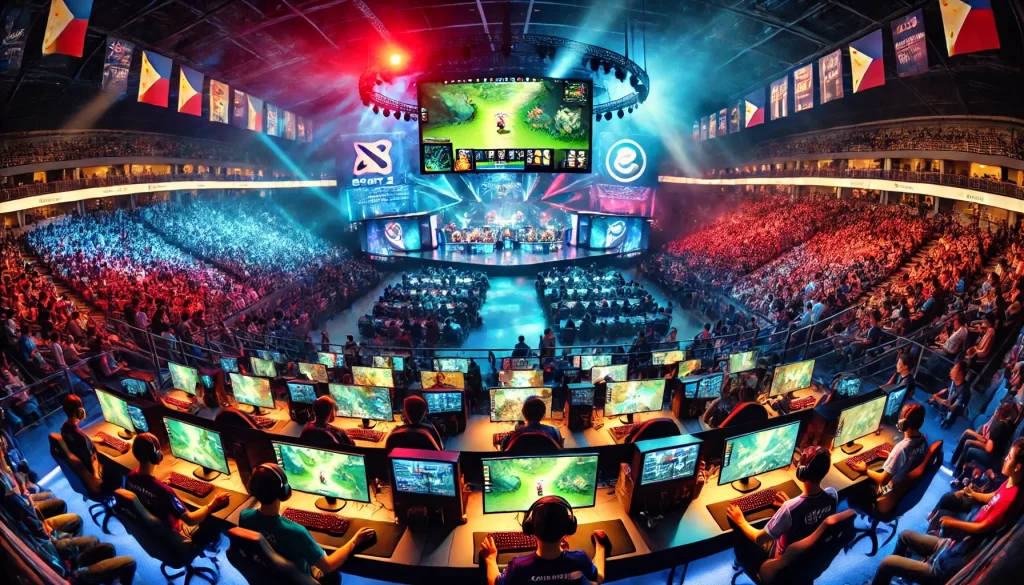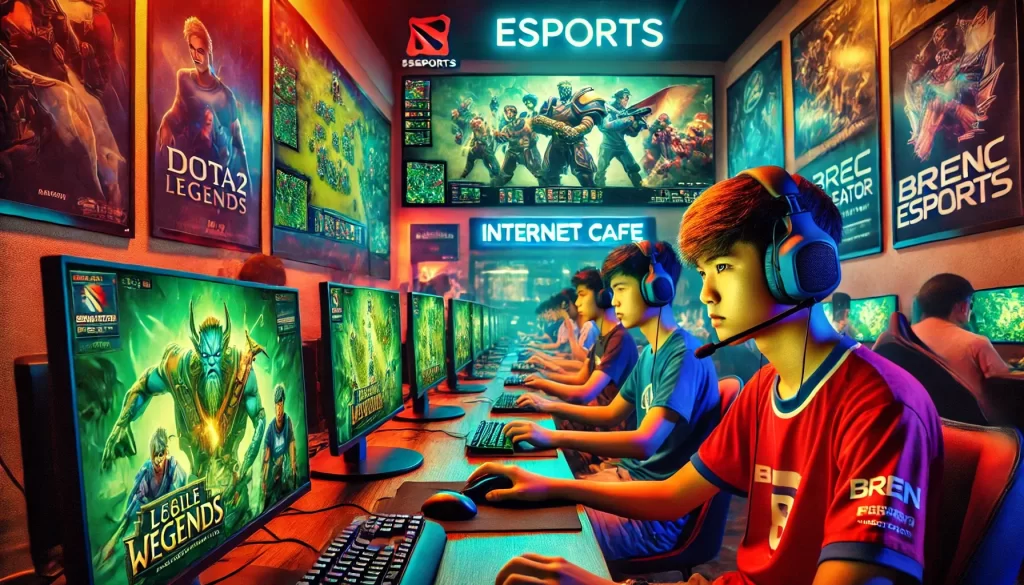
The Philippines has seen a significant rise in the popularity of esports over the past decade. With a growing community of players, fans, and organizations, the country is quickly becoming a hub for competitive gaming in Southeast Asia. This article explores the key factors behind this growth, notable achievements, and the future prospects of esports in the Philippines.
The Growth of the Esports Community
Increasing Popularity Among the Youth
The youth demographic in the Philippines has embraced esports with enthusiasm. The accessibility of gaming platforms and the proliferation of high-speed internet have contributed to this surge. Popular games like Dota 2, League of Legends, Mobile Legends, and Valorant dominate the esports scene, drawing in thousands of players and viewers.
Development of Esports Infrastructure
Investments in infrastructure have played a crucial role in supporting the esports community. Numerous gaming cafes and dedicated esports arenas have sprung up across the country, providing venues for both casual and competitive play. Additionally, the establishment of esports organizations and training facilities has given aspiring gamers the resources they need to develop their skills.
Notable Achievements and Milestones
International Success
Filipino esports teams and players have made their mark on the international stage. Teams like TNC Predator in Dota 2 and Bren Esports in Mobile Legends have secured victories in prestigious tournaments, bringing home significant prize money and recognition. These achievements have helped to elevate the status of esports within the country and inspire a new generation of gamers.
Government and Corporate Support
The recognition of esports as a legitimate sport by the Philippine government has provided a substantial boost. The Philippine Sports Commission (PSC) and the Games and Amusements Board (GAB) have implemented regulations and support systems for esports athletes. Corporate sponsorships from major brands have also fueled the growth of the industry, providing financial backing and promotional opportunities.

Challenges and Opportunities
Overcoming Challenges
Despite the rapid growth, the Philippine esports industry faces several challenges. Issues such as limited funding, lack of formalized training programs, and inadequate internet infrastructure in rural areas hinder the full potential of esports. Addressing these challenges requires collaborative efforts from the government, private sector, and the esports community itself.
Future Prospects
The future of esports in the Philippines looks promising. With continued investment in infrastructure, increased support from both the government and private sector, and the ever-growing interest of the youth, the country is poised to become a major player in the global esports arena. The establishment of esports academies and scholarship programs could further nurture talent and provide a pathway for aspiring gamers to turn professional.
Key Esports Titles in the Philippines
| Game Title | Genre | Notable Teams/Players |
|---|---|---|
| Dota 2 | MOBA | TNC Predator, Mineski |
| Mobile Legends | MOBA | Bren Esports, Omega Esports |
| League of Legends | MOBA | Liyab Esports |
| Valorant | FPS | Team Secret, South Built Esports |
Conclusion
Esports in the Philippines is more than just a trend; it’s a rapidly growing industry with the potential to shape the future of sports and entertainment. The passion and dedication of Filipino gamers, coupled with supportive infrastructure and recognition, are driving this evolution. As the industry continues to grow, it will undoubtedly bring more opportunities and recognition to the Philippines on the global esports stage.
Esports in the Philippines is a testament to how a nation can embrace modern technology and culture, transforming the way we view sports and competition. With the right support and resources, the Philippines could very well become a powerhouse in the world of esports.(Superace88)